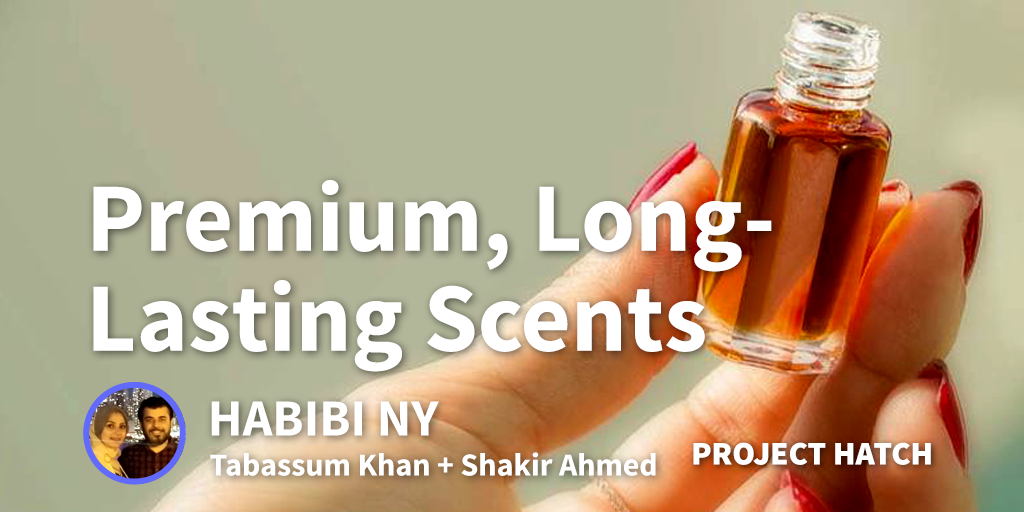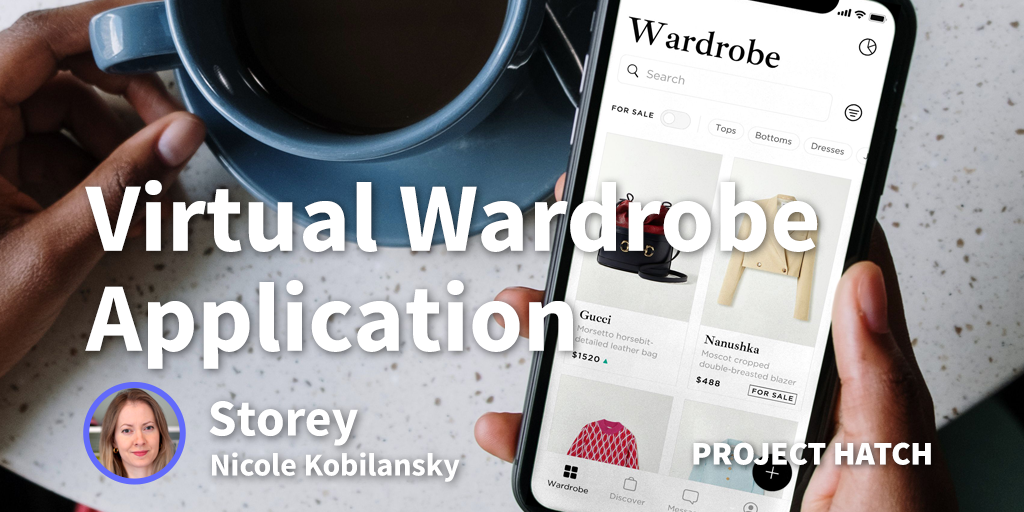We had been working to create podcasts as a hobby and side hustle for about a year and a half before we came up with the idea to brand ourselves as a single company (or duo) creating multiple shows. As we create more shows, we established Fool & Scholar Productions as a way to organize our works and establish brand recognition.
It was a gradual decision to start our own company. We saw that, over time, the podcasting space was becoming more prevalent in our lives and amounting to more of our income, so we sat down, worked out the numbers, and set about starting the company and solidifying our lives as entertainers. By the time we started Season Two of The White Vault, we knew we were in for the long haul.
How did you get your first hundred listeners?
Travis: We surprised ourselves quite honestly. It was a mix of good timing, word of mouth, advertising at live events, and marketing on social media. I feel like if there’s a particular event that got us over the 100 listener mark it was maybe a particularly successful Imgur post that Kaitlin put together showcasing Modern Audio Drama. The post reached the front page of Imgur overnight, and got a spike in listeners for almost every show on the list.
Kaitlin: We tried a lot of different things in the beginning, from normal social media marketing, to spending hours making curated lists of shows to help establish ourselves as quality listeners and creators. There are a lot of shows out there, so when you say ‘Hey, I make a show you may enjoy’, people need to trust you enough to believe you. We work on Twitter to discuss our favorite shows, we started talking to others about how we wrote/designed/edits our works, and we built from the (digital) ground up. Our first 100 listeners seems to materialize rather quickly, and after that, everything kept growing.
How did you validate the idea?
Travis: Podcasting is still a new and growing medium, with only about 70% of Americans even knowing what a podcast is, so the metrics by which creators in our space can validate their work is ever shifting, based on the growth of the industry.
Our original lofty goal of 100 listeners has long since been surpassed. We’ve won awards. We’ve far exceeded the dream of getting ‘1 million downloads’, and we’ve done the impossible in making podcasting a full time career. Those were our goals. There are many sources of validation both internal (lines in the sand or cool factor variables) and external (awards and download numbers), and we’re still struggling to find what we feel is valuable validation.
What are the keys to a good podcast?
Kaitlin: ‘Quality, character, and consistency’ is my go-to mantra for creating a good podcast. Without quality, anyone who listens will turn away after the first few minutes. Without characters that attracts emotion and connection, be it in a podcast host or in a story, listeners won’t have a string tying them to your creations. Without consistency listeners would never know when to expect your work, or when to return, and this is breaking the trust podcasters try to establish with their listeners.
How many listeners do you need to start making money from podcasting?
Travis: This is a tricky question, because if you don’t spend anything creating your podcast then your first dollar is considered income.
Because every podcast is different, I’ll answer the next best question and you can reverse engineer the math to suit your personal goals. Expect to only see about 1% of your listeners support your show through merch sales or crowdsourcing with any regularity (assuming that you are offering something of value). If you are able to get a sponsor, assume that you will see between $20-$50 per thousand listeners, per sponsorship.
Did you have any experience/expertise in the area?
Kaitlin: Podcasting? No.
Writing? Does a thesis count?
Marketing? I wish.
When we started creating our first show, it was the first time I had written anything for entertainment purposes in… years. I was still at university studying Archaeological Sciences and drowning under the amount of work Oxford could pour over me in a single week. My only free time I spent writing, and I’ve written nearly every day since. Now, I have the experience and I try to encourage others to pursue creative endeavors, even when they don’t have the training for it. I’m proof that this can be done without a professional background in creative writing, marketing, or media.
Have you raised any money? How much?
Travis: We actually did this backwards, creating multiple seasons of free content, then realizing afterwards that we might be able to break even if we asked listeners to join our Patreon. To date, we still haven’t done any type of project-based fundraising in podcasting, but our Patreon has grown to 500+ active members.
Who is your target demographic?
Travis: Our listeners are comprised largely of women and men between the ages of 24-34 who speak English or are learning to speak English. We have listeners in over 80 countries and from all walks of life. Most of our listeners are in the US, Canada, and UK, but we have a growing number of fans from Australia.
How do you attract listeners now?
Travis: I spend a lot of time on social media, using new hashtags, promoting our works, and adding meaningful dialogue to places where people talk about fiction podcasts. Kaitlin does 10x what I do and spends a great deal of time marketing.
What is the funniest/most strange request you have received from a listener?
We don’t get many random requests, but one fan has a tattoo from one of our shows.
How did you fund the idea initially?
Travis: The initial seasons were done on almost no budget. We did everything in our spare time. The sound effects at our disposal were whatever we could record in our Oxford flat, and all of our actors were friends and family. It was only after we expanded our resources and tried to improve upon our shows that we found we needed funding. At that point we turned to our listeners for support to offset the costs of these improvements. They really have allowed us to get where we are and realize the growth we’ve seen.
Any tips for finding first employees?
Kaitlin: Think about the people you trust in your field. Ask them to recommend someone, rather than putting out a call or a listing. If you trust someone, trust the quality of their work, then the odds are they’ll be able to recommend someone who would easily fit into your workflow.
Did you run any companies prior?
Travis: I’ve had some experience in the corporate world as the president of a collection agency, the managing partner of a property management company, and the creator/president of a small publishing company. I’m still involved in all of those businesses.
Kaitlin: No, I was still a graduate student when I started podcasting.
What were your family and friends first thoughts you creating your own your company?
Kaitlin: By the time I had decided to make podcasting my full time job, we were already doing very well within the podcasting community. When we established the company, it was something my family supported because they saw it as a way to legitimize the time, effort, and money I put into creating my future career. Nowadays, my family and friends come to see me talk, or to our live performances, and they listen to most of our podcasts. My father is actually my script editor for most of our shows, so he’s very supportive and enjoys having an inside scoop on the shows before their public release.
Travis: When he was alive, my father didn’t understand podcasting and couldn’t grasp the crowdsourcing side of it. My mother has been extremely supportive from day one and said that this is exactly what I need to be doing. We moved across the country a year ago, so I haven’t really told most of my friends from Florida as it doesn’t organically come up in conversations.
What motivates you when things go wrong?
Travis: At first it was the finished product in and of itself. I was fascinated by the process of bringing a story to life, hearing the voices read the words on the page, and the soundscape bringing us to new places. While this is still true, a bigger motivator for me of late has been the enthusiasm of our listeners. I take a particular delight in considering how they will experience the show, and working to make that experience memorable, even as things sometimes go horribly wrong during production.
Do you have any advice for someone just starting out?
Kaitlin: Podcasting is still new, still growing, and still expanding. Even if you already have a business and just want to start, say, a real estate podcast to better reach your potential clients, then just start. Look up how to do it, look up how it works; the recording, editing, uploading, marketing, and more. And then do it. The most difficult hurdle for me has always been my own mindset.
‘It looks so complicated, I couldn’t possibly do that.’ Well, now I am, and it doesn’t seem impossible from the inside.
Travis: I’d also add that if you’re already podcasting or innovating, focus on creating more new and meaningful content regularly. The more you make, the better you’ll get.
What is stopping you from being 3x the size you are now?
Kaitlin: Time. Travis and I are the core of Fool & Scholar Productions. We are the dynamic duo. People trust my writing and his sound design; they know our names and our works. So, to triple our reach and our audience we would need to create more shows and work even more diligently at getting out work out there. Problem being, we are booked-up already as it is. Even with new ideas stacked up like blocks on my desk, I don’t have time to write new stories given that I’m still actively writing our core shows. And even if I did, Travis would not have time to give them life as producer and sound-designer. So, time is our limiting factor, because we certainly have no shortage of ideas.
What apps could your business not run without?
Kaitlin: Creating podcasts is all well and good, but without marketing the shows we would have a difficult time building or engaging our audience. Even though our shows are audio based, much of social media relies on visual marketing. For crafting visuals, both at home and on the go, I use Canva religiously.
Travis: We rely heavily on Dropbox to share files across our devices and with our teams. I also couldn’t function without Mixcraft, which is my Digital Audio Workspace (the program I edit in). I’m working in Mixcraft every day and it’s both affordable and reliable. Another very important tool is Microsoft Excel, which we use to track download numbers, growth, sales, and expenses. Beyond the accounting benefits, it shows us what was effective in helping us grow by creating a timeline with a perspective.
Are there any new podcasts you’re working on?
Travis: We just returned with Season 3 of The White Vault. I cannot recommend the show enough if you’re a fan of horror, or just value hearing voices and languages from around the world showcased.
Would you ever sell the company?
T&K: Fool & Scholar Productions is so tied to our identities that the brand is somewhat useless without us. We are able to build ourselves as a company because of community trust in who we are; if we were to remove the Fool and Scholar from Fool & Scholar Productions, we would have doubts that our community of supporters and fans would stay loyal to just the name alone.
| Company Name: | Fool and Scholar Productions |
|---|---|
| Founder: | Travis Vengroff and Kaitlin Statz |






